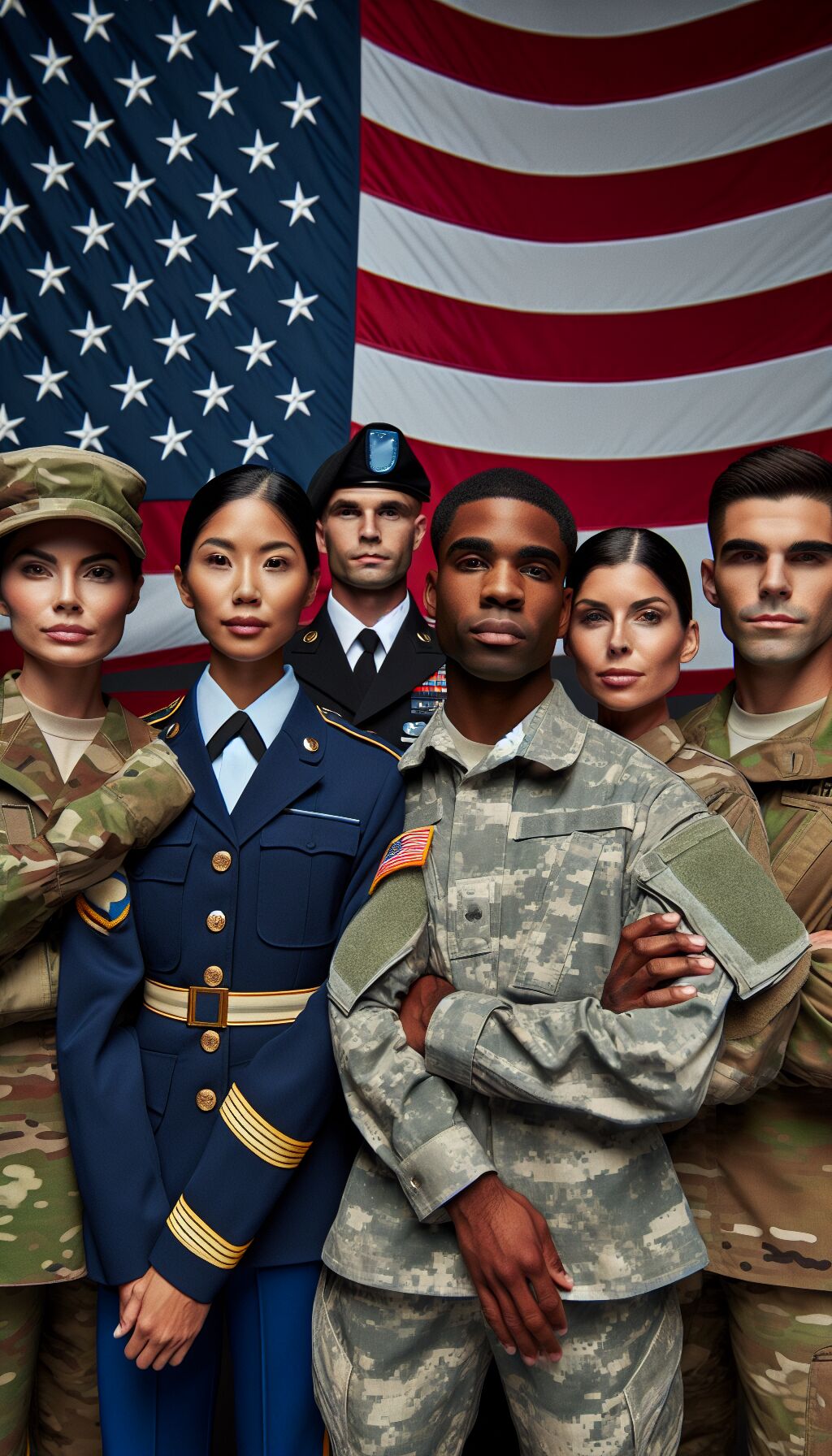Diversity in the Military: A Controversial Focus
In a recent interview with NBC News, Defense Secretary Lloyd Austin reiterated his commitment to promoting diversity within the military, an initiative that has become a focal point of debate in recent times. Throughout his extensive military career, encompassing 41 years and multiple tours in Iraq and Afghanistan, Austin emphasized the critical role that women and diverse personnel play in strengthening the U.S. armed forces.
The Strength of Diversity
During the discussion, Austin made a compelling case for the integration of women and a diverse range of backgrounds in military ranks. He stated, “Having women and increased diversity in the U.S. military makes us stronger.” Building on his firsthand experiences on the battlefield, he declared, “I would tell you that our women are the finest troops in the world. Quite frankly, some of the finest in the world.”
Austin’s assertion highlights a fundamental belief within the Pentagon: that diversity translates into enhanced readiness and capability. “They do impact readiness. They make us better. They make us stronger,” he affirmed, stressing that his perspective is rooted in observable fact rather than exaggeration.
The Challenges Ahead
The interview unfolded against a backdrop of potential policy shifts under the incoming Trump administration. Just a week prior, President-elect Trump had announced his nomination of veteran Pete Hegseth, a former Fox News personality, to take over Austin’s role. While Austin abstained from directly commenting on his successor, the timing of the interview points to a significant potential pivot in military policy. Hegseth has been vocal about his opposition to prioritizing diversity initiatives over traditional military effectiveness.
This does come with significant implications, as the incoming administration has signaled an intention to dismantle diversity, equity, and inclusion (DEI) programs that have proliferated across government sectors, including the military. This year, the Pentagon braced itself for sweeping changes that could lead to high-level officers facing career consequences, should a drastic policy overhaul take place.
Political Divisions on Military Policy
Previous statements made by Trump during his campaign resonate with ongoing discussions about military policies that prioritize diversity and social justice over operational effectiveness. “If you want to have a sex change or a social justice seminar, then you can do it somewhere else, but you’re not going to do it in the Army, Navy, Coast Guard, Air Force, Space Force or the United States Marines,” Trump proclaimed at a rally in Asheboro, North Carolina. Such comments have drawn sharp dichotomies in opinions regarding the future direction of the military under a potential Trump-led administration.
He further added vigor to his argument by asserting that individuals responsible for what he described as “absurd and insulting initiatives” related to diversity would be removed from their positions, anticipating a swift transition of leadership within the military structure.
Proponents of Diversity Respond
The debate surrounding Austin’s advocacy for diversity in the military encapsulates broader societal conversations about inclusion and representation. Proponents argue that a military reflective of the nation’s diverse demographics is not just a goal of social justice; it’s a strategic advantage that enhances operational effectiveness. Numerous studies and military reports suggest that diverse teams yield better results, emphasizing innovation and improved problem-solving.
Amid the rising concerns over military suicides and mental health, advocates claim that diversity can play a role in addressing these challenges. A more inclusive military culture can potentially foster a greater sense of belonging and support among service members, which is vital for mental well-being and unit cohesion.
Conclusion: A Military at Crossroads
As the defense landscape shifts, the military stands at a crossroads regarding its approach to diversity and inclusion. Lloyd Austin’s commitment to maintaining a diverse military contrasts sharply with the views of incoming leaders who may prioritize different values. The outcome of this ideological conflict will not only shape the future of military policy but will also set a precedent for how the U.S. military evolves in a rapidly changing world.
The dialogue surrounding diversity within the military is far from settled and continues to be a contentious issue. The decisions made in the coming months could significantly impact the fabric of the U.S. armed forces and how it represents and supports all its members.
Fox News’ Morgan Phillips contributed to this report.










